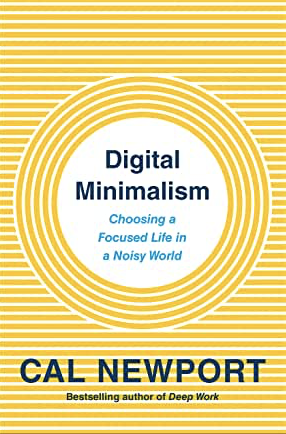Several years ago I attempted to grow a vegetable garden in our backyard. It was mostly an utter failure. We may have gotten 3 tomatoes and a couple of green beans. But let me tell you what, those were the best tomatoes and beans I’ve ever had! Though the production failed, what didn’t fail was the process of illuminating areas in my life that needed attention.
The following year, we changed a lot in how we prepared, planted, and cared for the garden. Every day I would visit the garden after work, pull weeds, prune, and take care of the plants. Gardening is a lot of tedious work, and I grew to enjoy it. There are a few life lessons that I learned and from my daily 5-10 minute ‘garden walks.’
Gardening is about patience.
I noticed one bed that didn’t appear to have anything growing in it besides a couple of patches of clover-like weeds. Thinking that we did not plant the seeds right, I replanted the entire bed. After telling my wife what’d I’d done, she lovingly smiled and told me I’d mistakenly pulled the clover-like sprouts. They were actually the lettuce we’d planted.
I’d gotten impatient and pulled up something I needed to have given more time to grow. In my haste to see plants grow, and reap the harvest of my hard work, I sabotaged what was steadily and slowly growing. I fell victim to what many of us do on a daily basis: instant gratification. Gardens are not microwaves, nor is life or relationships. Often I will want something from my marriage or in life that hasn’t had time to grow.
Tending to what’s seen.
I sometimes looked too hard for what’s going to be the next problem, weed issue, or area that will require my time. In doing so, I miss out on enjoying what’s in front of me. Yes, prevention is part of the problem, but if I only ever focus on the problems, I’ll miss out on the fruit.
Those of us who struggle with anxiety tend to be on the lookout for what’s “next” on the to do list. In relationships, this can take the shape of trying too hard to work on something that’s not really an issue (or yet to be an issue).
I remind myself to take note of what I’m aware of today, and not go digging around looking for the roots of other problems that might pop up tomorrow. Today has enough worries of it’s own. Let tomorrow happen tomorrow.
Take a break, an intentional rest.
Working in my garden every single day had a way of blinding me to the growth that was happening. Hyper focus is good in spurts, but not sustainable long term. We all need space and time to let things that are planted, grow. We need a rest from work, from screens, from the monotony of life.
Rest one hour per day, one day per week, one week per year. Turn off the screens and other stimulants that crowd out life. Listen to the silence.
Life is a process, not a finish line.
Even if my garden doesn’t produce edible fruit, it’s already been a raving success. The process of planning, building, and planting it has already accomplished growth in me. I’m seeing things about me that are making me smile, and causing me to pause and reflect. If I were to view this project as only a means to an end, you wouldn’t be hearing about it and I wouldn’t be growing from it.
Cicero once said if a man has a library and a garden, he has everything. I’d add human relationships into that. Gardening is a great metaphor for life. It’s a process filled with seasons, beginnings and endings, digging things up, replanting, and ultimately, growth. It takes time, patience, and space to see and experience the growth.

